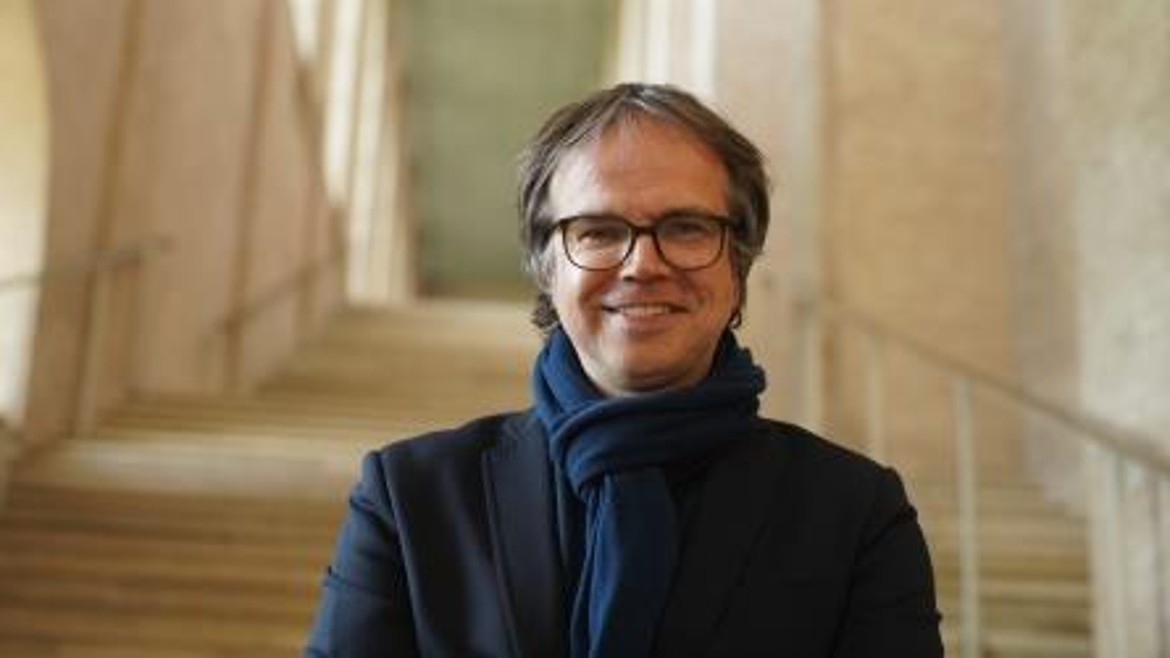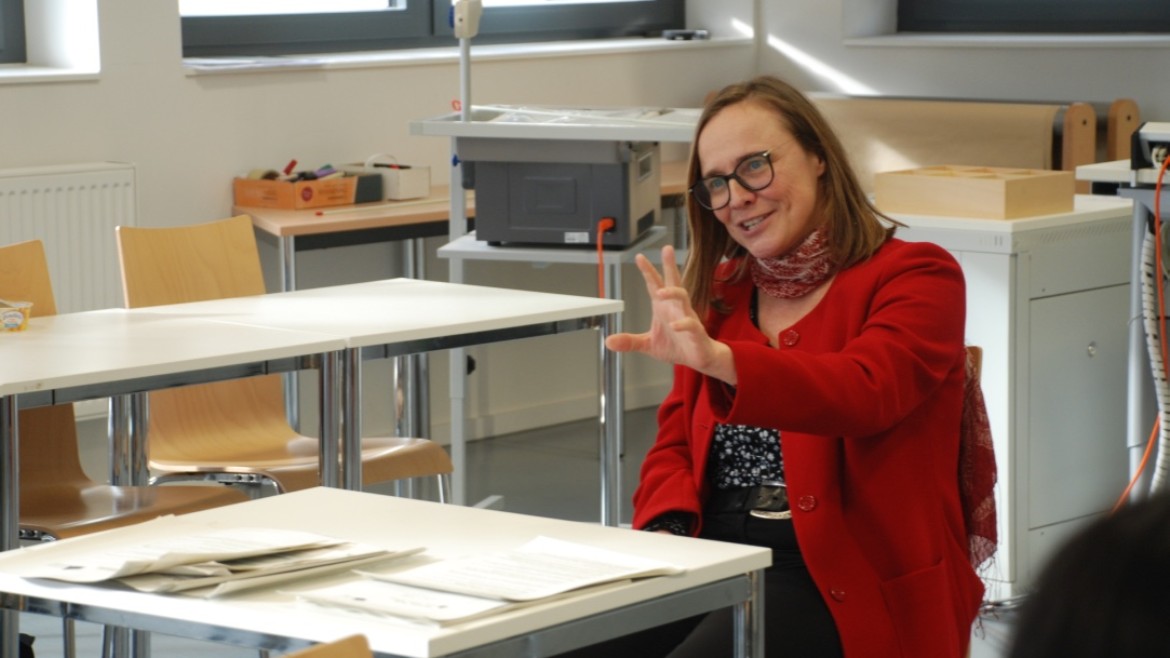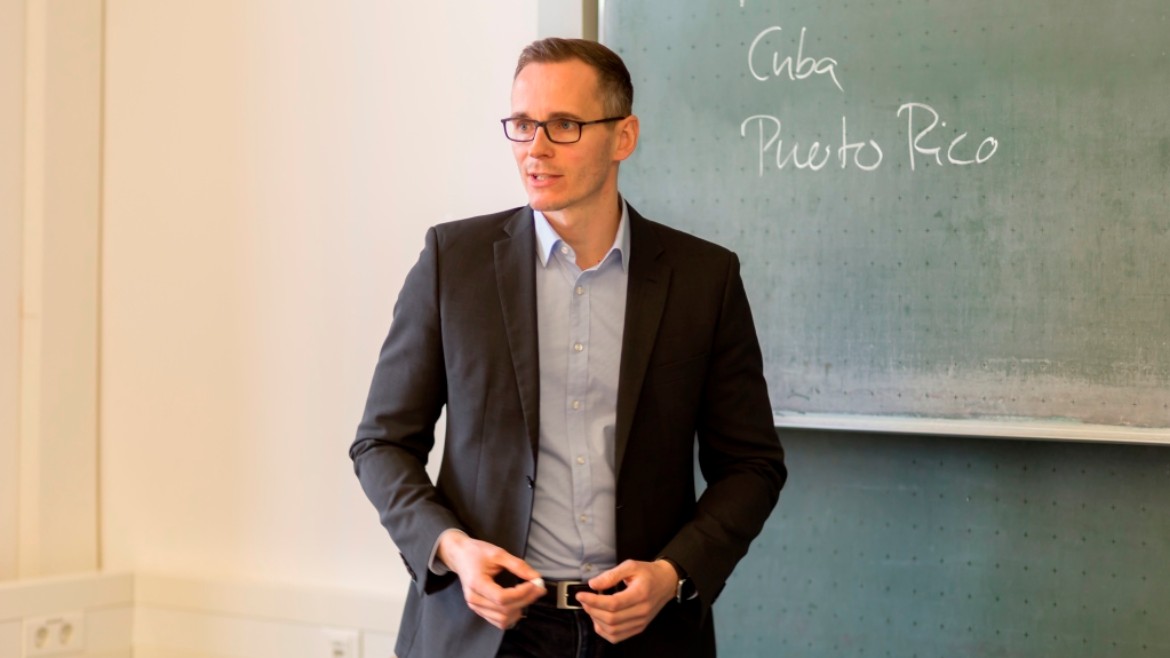Courses in English - Testimonials from lecturers

Prof. Dr. Andreas de Bruin, Department 11 (Applied Social Sciences)
It is important for us to offer our incoming students a variety of Courses in English so they can study at our University and reach enough ECTS for their field of study at home. It is equally good for German students, because they can improve their English skills. Expressing yourself through another language always broadens your own mindset.
It is interesting and a great joy to see students from different countries working together on a topic - in our case analyzing paintings. My course "Meditation and Art" helps looking at art in a different and deeper way. The method we learn, brings you more in contact with the inspiration of the Great Masters of painting and at the same time with your own inspiration, intuition and creativity.
Further information about "Meditation and Art" can be found here.

Prof. Dr. Silke Järvenpää, Department 13 (General and Interdisciplinary Studies)
As a professor with a background in British and American Studies, I actually find it easier to teach in English than in German. To be honest, I also appreciate the fact that German students who take classes in English are intrinsically motivated and not out for easy credit. And last but not least, English as a language of instruction opens the classes to all students, both from home and abroad.
What I love is that I can always learn something new from my (international) students, e.g. different communication styles or approaches to problem solving.

Prof. Dr. Tilman Schröder, Department 14 (Tourism)
For a successful career in tourism, solid English skills are a prerequisite, since the candidates will interact with a diverse cross-sample of individuals and cultures worldwide. In class, students learn to use English to communicate efficiently, to co-operate successfully and to resolve potential conflicts in culturally diverse environments.
Our courses are very culturally diverse, as they are attended by both local and international students. This multitude of backgrounds facilitates learning opportunities for all the students, particularly for teaching intercultural skills. During in-class activities, students work in culturally-diverse teams and are thus immediately exposed to different cultural perspectives and communication styles. This learning experience would not be possible in other classroom settings.
Contact
CiE Coordination